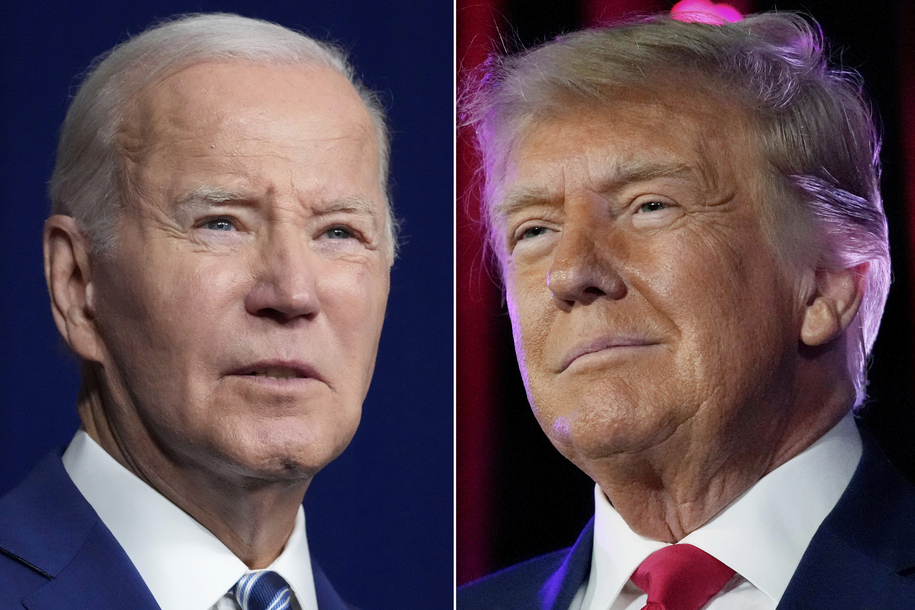
We begin today with René Pflster, Marc Pitzke, and Ronald Nelles of Der Spiegel writing about “not the odds but the stakes” (to quote NYU media professor Jay Rosen) of the upcoming American presidential election.
U.S. voters are casting their ballots in four months, and Trump has never been stronger in the public opinion polls than he is right now. Following the televised debate between the former president and incumbent Joe Biden – a catastrophic evening for Biden – Trump received yet another boost. According to a new nationwide survey, Trump’s advantage has grown since then. And in all seven swing states, where the presidential election is likely to be decided, the 78-year-old Trump is ahead of 81-year-old Biden, according to the New York Timespoll tracker. Trump will officially be proclaimed the Republican candidate at the convention in mid-July – the leader of a party that has completely prostrated itself to him.
The November 5 election, of course, is far from being decided, but many liberal Americans like Paul Starobin are convinced that a second Trump term would be even more radical that the years following his first election in November 2016, when even Trump himself didn’t think he would end up in the White House. […]
The United States is currently facing a question that is of core importance for every liberal order: How to deal with a politician who seeks to destroy the very system that installed him in a position of power? How can democracy defend itself against those who hate democracy? Trump hasn’t exactly sought to keep his plans secret: He wants to use the judiciary to exact revenge on his enemies, intending to go after Biden and his family along with all others who he sees as his enemies. Those who seek to stand in his way will – should Trump’s plans come to fruition – find themselves under pressure from the Internal Revenue Service, which has all it needs to drive any dissident to ruin with an endless stream of audits.